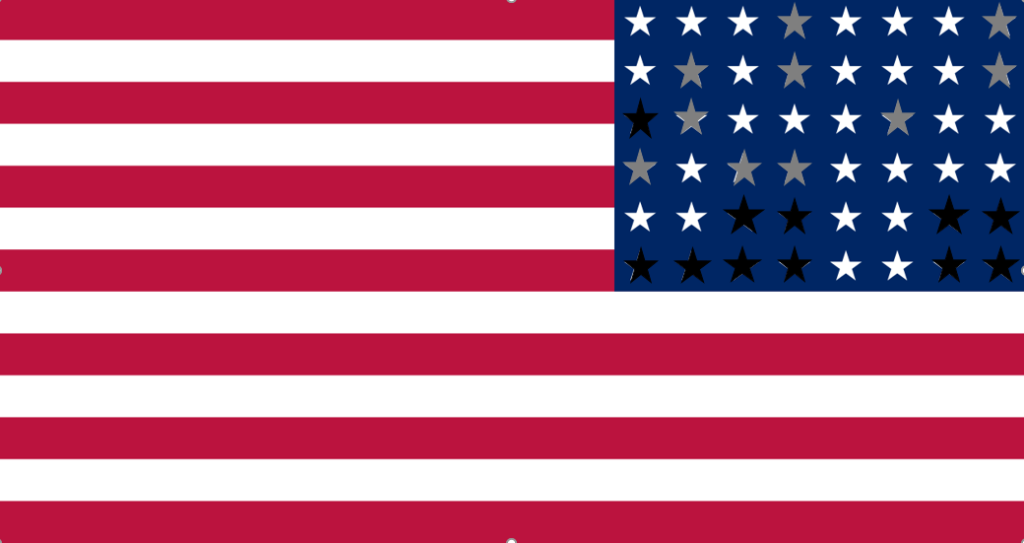The supreme court, of the corporate United states, hands down the Gold Clause Cases: gold clauses in private contracts are not promises to pay in gold (lawful Money) as a commodity but a promise to pay in a currency of comparable value to gold, (irredeemable) Federal Reserve (central bank) Notes. And that via the fraudulent 14th amendment, clause 4, the Federal government may repudiate its promise to redeem its debts in gold. In a pointed dissent, James C. McReynolds, Associate Justice of the supreme court, writes,
To let oneself slide down the easy slope offered by the course of events and to dull one’s mind against the extent of the danger … that is precisely to fail in ones [sic] obligation of responsibility. …
· · · · · · ·
As a consequence[,] the United States were off the gold standard, and their paper money began a rapid decline in the markets of the world. …
· · · · · · ·
Congress has power to coin money [Article I, Section 8 [Clause 5]], but this cannot be exercised without the possession of metal …
· · · · · · ·
Can [CON]gress authorize appropriation with composition of the necessary gold? …
· · · · · · ·
Under the challenged statutes [House Joint Resolution 192] it is said the United States have realized profits amounting to $2,800,000,000. …
· · · · · · ·
To such counterfeit profits there would be no limit; they would expand indefinitely… Two billions might be ballooned indefinitely-to twenty, thirty or what you will.
Loss of reputation for honorable dealing will bring us unending humiliation; the impending legal and moral chaos is appalling. [Emphasis added]
NOTE: The plurals “were” and “their” is a clue that McReynolds was referring the Union of the several States in the Compact Theory.
[restored 7/11/2022]
Subsequent Events:
Authority:
“Law of the Jungle”
ccc-2point0.com/preface
References:
Norman v. Baltimore & Ohio Railroad, 204 U.S. 240, 361, 362, 367, 376, 381 (1935) (McReynolds, J. dissenting).
Perry v. United States, 204 U.S. 330 (McReynolds, J. dissenting) 361, 369, 372, 377, 378 (1935).
Robert Higgs, Crisis and Leviathan: Critical Episodes in the Growth of American Government, (New York: Oxford University Press, 1987), 186-87.


